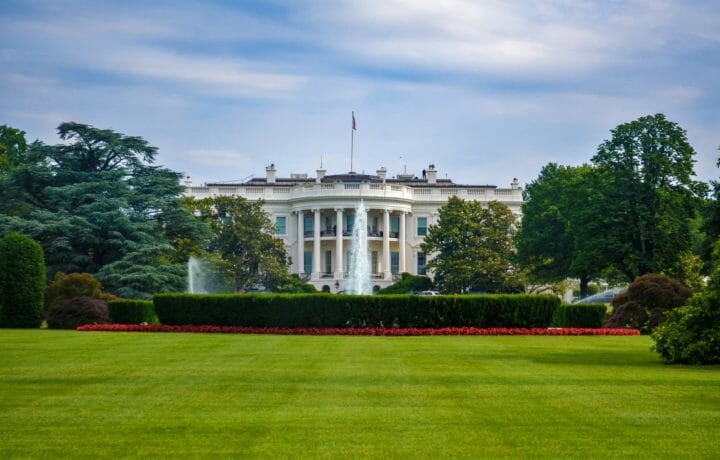If you’ve ever aspired to work in the White House but you don’t have high-level political connections, there are two other ways in the door. One is to apply and be selected for one of the occasional career openings for administrative and support staff positions within the Executive Office of the President. Those include secretarial roles, IT positions, and – very rarely – culinary and household occupations. You can search for them on USAjobs.gov by simply typing “EOP” in the search field.
Entering the White House Through the Contractor Door
The other way in the door is as a contractor assigned to Presidential Support Duties (PSD). Both the White House Military Office (WHMO) and White House Communications Agency (WHCA) hire contractors for a variety of support and technical roles. WHMO provides “military support for White House functions, including food service, presidential transportation, medical support, emergency medical services, and hospitality services.” WHCA, on the other hand, “provides global information and communication services to the White House”, ensuring that the President, Vice President, and Senior Staff always have access to the public and the media and “can communicate at any time with anyone.”
Because the work of both offices requires a high level of discretion, reliability, and good judgment under pressure, contractors with past military experience and an understanding of / responsiveness to the military command structure seem to fare the best in an application process that isn’t for the faint of heart.
More Than Just Completing the SF-86
In fact, the application process for White House contractors is as invasive, if not more, than the process for full-time White House staff and political appointees. Besides completion of the SF-86, applicants are required to complete a lengthy and highly intrusive questionnaire that asks supplemental questions not found anywhere on the SF-86 or normally asked during security clearance background investigations outside the intelligence community. Those questions, all of which are written to cover an applicant’s entire life as opposed to just the last ten years, include:
Explicit questions about sexual history and conduct like…
“Have you ever been involved in or suspected/accused of child molesting, adultery, rape, indecent exposure, child/spouse abuse, prostitution, sexual harassment or group sex?”
Assessments of the amount and frequency of alcohol consumption, irrespective of any alcohol-related criminal history or medical diagnosis, such as…
“Do you drink alcoholic beverages? If you answer YES, check one choice from each column to reflect your frequency of alcohol use.”
And other questions that could potentially open applicants up to criminal investigation and prosecution (including UCMJ action for current service members or reservists), including…
Have you ever mistakenly or deliberately misrepresented, falsified, or omitted significant information from a Personnel Security Questionnaire, a personnel qualifications statement, a personnel security interview, or official correspondence, including your enlistment into the Military?”
Get Past Intense Vetting for a White House Seat
These are just a few actual examples of the dozens of highly personal questions asked of applicants for Presidential Support Duties. There’s no doubt that the vetting is intense – and potentially risky for the applicant in some circumstances involving serious and previously undiscovered criminal conduct. Nonetheless, for those who can successfully navigate the process, serving in the White House in any capacity offers a front row seat to history being made nearly every day. For many applicants, that opportunity is worth the initial discomfort.
This article is intended as general information only and should not be construed as legal advice. Consult an attorney regarding your specific situation.



